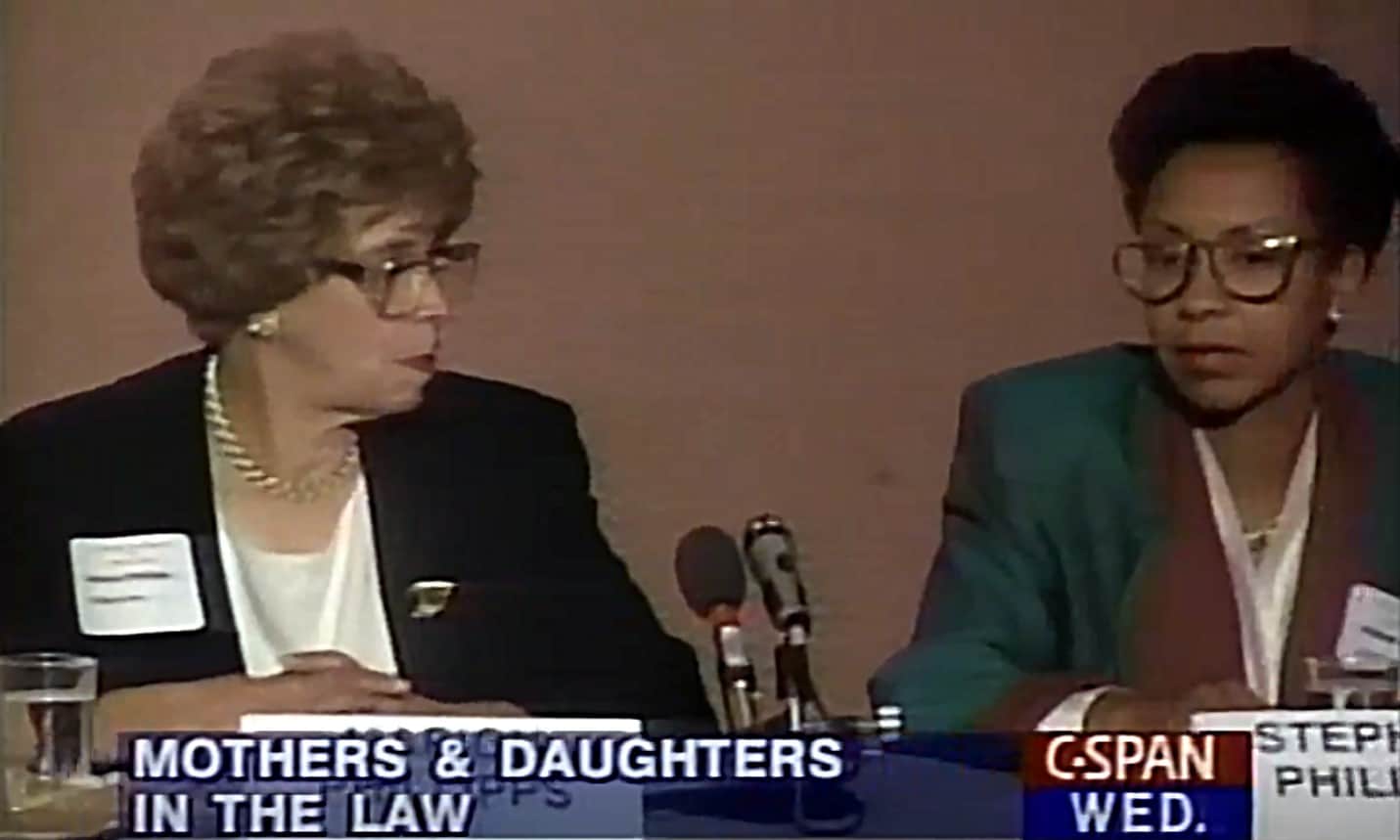 Recently, a controversial study raised questions about the benefits of homework. Agree or disagree, it’s worth thinking about some of the ideas discussed in the study as our children head back to school. Denise Pope, senior Stanford lecturer, vodcaster and co-author of the study, took some time to talk to Beccastone about homework, “busy-work, why neither works well and what to do instead.
Recently, a controversial study raised questions about the benefits of homework. Agree or disagree, it’s worth thinking about some of the ideas discussed in the study as our children head back to school. Denise Pope, senior Stanford lecturer, vodcaster and co-author of the study, took some time to talk to Beccastone about homework, “busy-work, why neither works well and what to do instead.
You co-authored a study about homework effectiveness. Can you summarize your findings?
We found that among a sample of high achieving teens, the ones that were doing over 3.5 hours of homework each night were also the ones who were experiencing more mental and physical health issues. At some point, too much homework may be hazardous to your health – especially if you don’t feel like what you are doing is meaningful or valuable.
The idea of too much homework seems counter-intuitive — practice makes perfect, right?
Not necessarily. Read our white paper. Dr. Harris Cooper and several others who have studied homework for several decades show that there is almost no correlation between homework in elementary school and academic achievement. There is a slight correlation in middle school and there is a correlation in high school – but this falls off typically after 2 hours.
What would be a good example of “too much” homework.
Over 3.5 hours in high school from our research. From Cooper’s research – in terms of academic benefits (which we don’t look at in our study) – if you are in high school, over two hours.
What alternatives to homework do you recommend ?
Teachers should know how to use time wisely in classrooms and keep kids engaged, especially at the elementary level. Teachers should not have to rely on homework for extra “seat” time. Researchers typically recommend free reading at home (where the child chooses the material) in elementary school.
Obviously in secondary schools, you want the homework to be developmentally appropriate, do-able (by the student without adult help or correcting), engaging, and perceived as meaningful /valuable. This is not easy to achieve, so we offer workshops to help teachers learn to do this well.
How do you feel about classwork (sometimes known as “busywork)?
Classwork does not need to be busywork at all – In fact, if it is – the teachers should not be assigning it. Kids need to be engaged in order to be motivated to do the work and ultimately achieve. We advocate for relevant, exciting teaching and learning that should not involve busywork/worksheets for the sake of worksheets, etc., and we work with faculty to help them design curricula and project and problem based learning so they don’t have to rely on going page by page through a textbook.
Without homework, how do we know if our children are learning?
How do you ever know if your children are learning? Teachers know how to assess learning in many different ways, and most are very reluctant to use homework as a gauge for understanding because they have no way to tell if the child is doing it himself or if outside parents/tutors/siblings/friends are doing it.
Some parents supplement homework with their own worksheets and study regiment at home — is this a good idea?
You need to talk to your child’s teachers about this. Some kids might benefit from extra practice if the teacher suggests it, but many parents who are supplementing may not have any idea of what the curriculum should be covering at a particular age. And certain store-bought workbooks or home-made programs might be doing more harm than good – especially if there is a struggle at home to get the work done or if the kids are learning different things in school vs home. For instance, many parents try to correct their child’s spelling when educators understand the importance of invented spelling in the younger years. I can give math examples as well where well-meaning parents are teaching old math instead of helping to prepare kids for the common core – which is a very different way of learning.
What is going to get us the best outcomes for our children, e.g. help them become good students and also feed their critical thinking skills?
Engaged learning and teachers/parents working together to foster this. Parents should be in charge of keeping their kids healthy, making sure they get sleep, exercise, unconditional love, providing much needed discipline, family meals, etc etc. and promoting a love of learning and reading over a lifetime. Good teachers know how to engage learners, motivate them, challenge them with appropriate scaffolding and help to keep that love of learning alive and well.







Share your thoughts